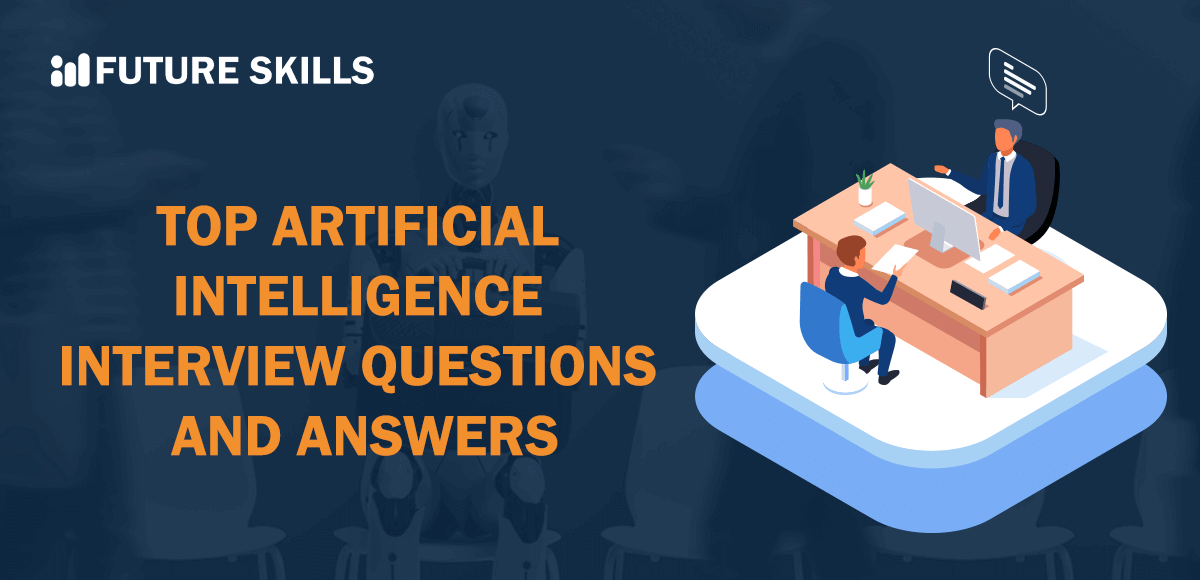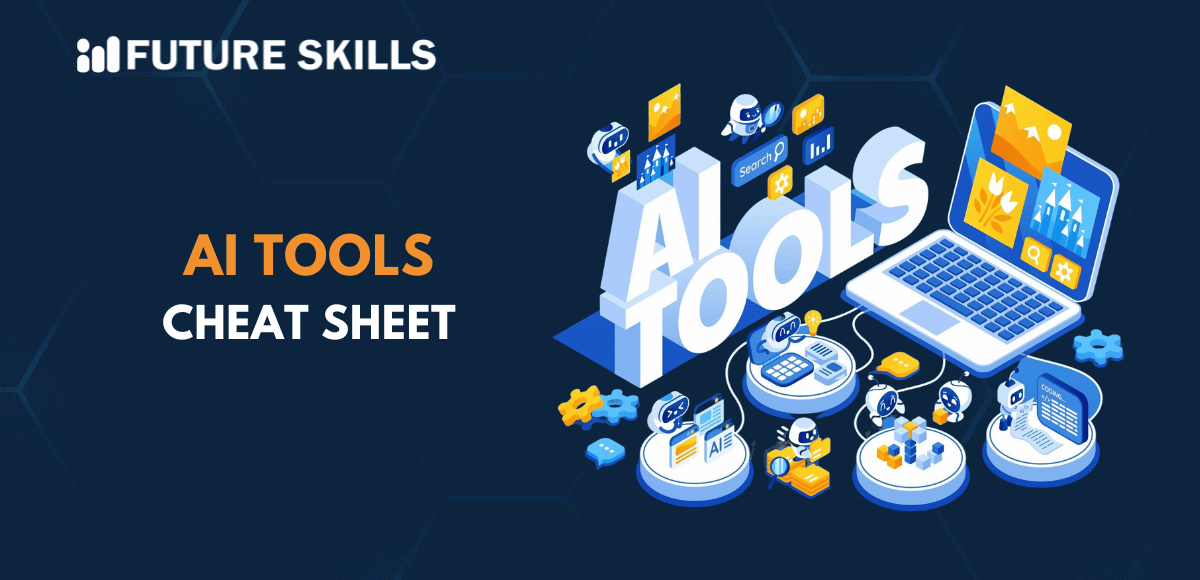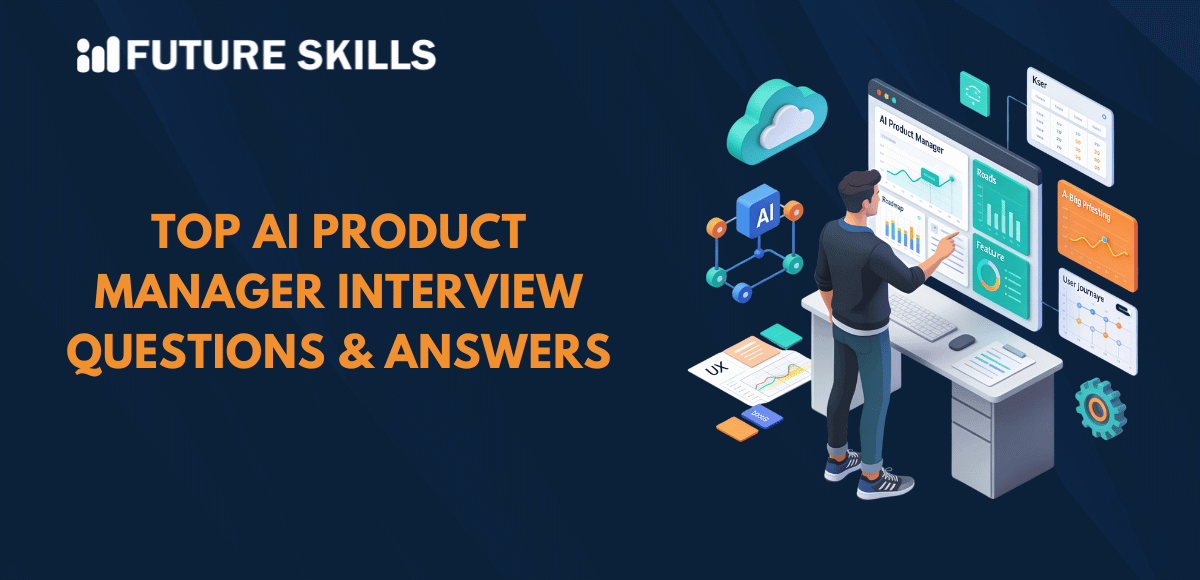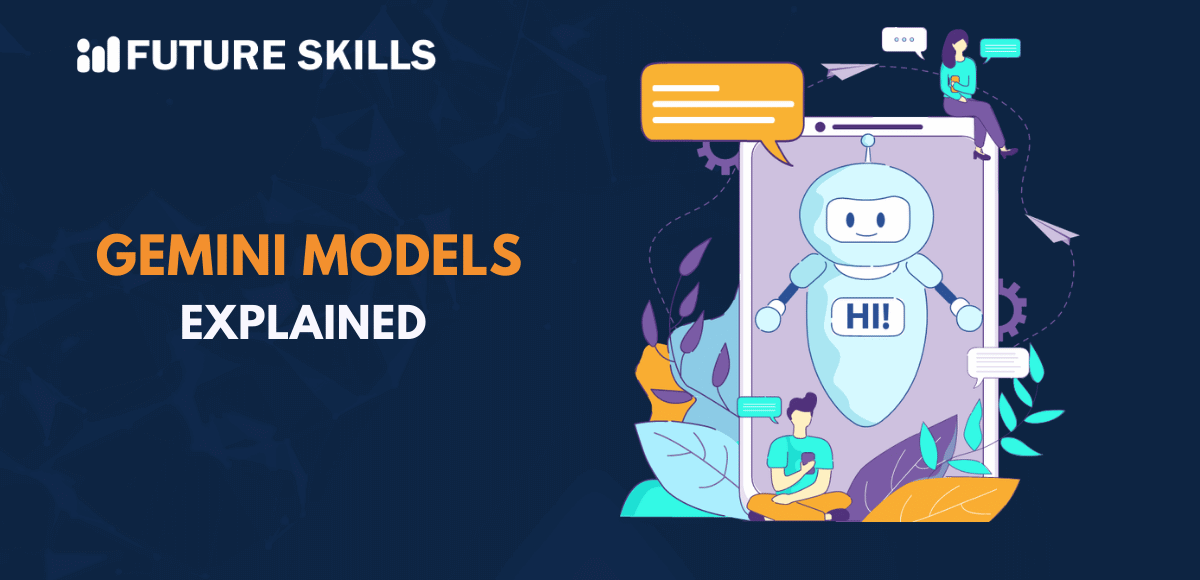Artificial intelligence is the most powerful force for transformation and modernization in the world right now. Many organizations have been apprehensive about the changes that AI could bring about without clarity regarding its potential. Interestingly, businesses in different industries have adopted AI to capitalize on its numerous benefits.
For example, businesses in the financial services sector can implement comprehensive risk analysis, while manufacturing businesses can manage predictive maintenance. The power of AI in different industries has created the demand for artificial intelligence interview questions among aspiring candidates. The adoption of AI in different industries at a massive scale presents favorable prospects for the growth of AI jobs.
As the applications of artificial intelligence gain momentum in different sectors, it is important to understand that the demand for AI experts will also increase. The top AI interview questions can help you prepare for some of the most promising job roles in AI. The lucrative career opportunities in AI also create a significant amount of competition among aspiring candidates. Therefore, you must position yourself as a valuable candidate with in-depth knowledge of AI and ML concepts. The following interview questions can help you perform better in interviews for AI job roles.
Want to gain practical skills in using OpenAI API and implementing API calls to facilitate LLM interactions, Enroll now in the Certified Prompt Engineering Expert (CPEE)™ Certification.
Top Artificial Intelligence Interview Questions and Answers
The search for AI interview questions and answers can lead you to different options. However, it is important to choose the most important entries that interviewers would use to test your knowledge of AI. Let us take a look at the basic and advanced interview questions that you can expect for AI jobs.
Basic Artificial Intelligence Interview Questions
The first course of action to prepare for any interview begins with the basic questions. You can expect the following fundamental questions in any interview for AI-based job roles.
1. Can you explain artificial intelligence with an example you use every day?
The best AI interview questions always include references to the definition of artificial intelligence. AI refers to the discipline of computer science that aims to create intelligent machines that can work and respond like humans. In other words, AI represents the capability of machines to replicate human behavior without any intervention. The best examples of AI in everyday life would point to Google Search Engine or the Netflix content recommendation system. When you type any search query, Google suggests the recommended searches.
2. How many types of AI can you find today?
You can find two broad categories of artificial intelligence based on capabilities and functionalities. Such questions on artificial intelligence with answers must reflect on the variants in each category of AI. The variants of AI based on capabilities include artificial narrow intelligence or weak AI, artificial general intelligence or strong AI, and artificial superhuman intelligence. The classification of AI systems on the basis of functionalities gives four different variants, such as theory of mind AI, reactive machines AI, limited memory AI, and self-aware AI.
Level up your ChatGPT skills and kickstart your journey towards superhuman capabilities with Free ChatGPT and AI Fundamental Course.
3. Which programming languages are useful for AI?
AI development focuses on a wide range of tasks, including conventional machine learning and deep learning. Therefore, you would need multiple programming languages in AI, such as Python, C++, R, Java, JavaScript, Swift, and many others.
4. Which platforms are most popular in AI development?
The rapidly evolving AI landscape brings many frameworks and platforms for developers to create AI systems and applications. You can answer such artificial intelligence interview questions using popular names, such as TensorFlow, Keras, PyTorch, IBM Watson, OpenAI, Scikit-learn, Google Cloud AI platform, and many others.
5. What is the relationship between AI and machine learning?
Artificial intelligence is a promising technique that empowers machines to understand human behavior. Machine learning is a subdomain of artificial intelligence and primarily focuses on helping computers learn how to act in certain contexts. It does not involve any explicit programming, and machines are expected to work on their own according to the training data.
6. What are the prominent domains of artificial intelligence?
The collections of important AI interview questions and answers also draw attention to the popular domains of AI. Apart from machine learning, you can come across many other important domains in AI, such as neural networks, natural language processing, and robotics. In addition, expert systems and fuzzy logic systems are also valuable domains of artificial intelligence.
7. What is deep learning?
Deep learning is also an important aspect of the AI landscape as a prominent subdomain of the larger set of machine learning methods. Deep learning leverages artificial neural networks with the power of representation learning. The deep learning models can follow supervised, semi-supervised, or completely unsupervised learning approaches.
8. Which Artificial Neural Networks are used in deep learning?
You can answer such best AI interview questions by referring to the examples of feedforward neural networks, convolutional neural networks, and recurrent neural networks. Deep learning models can also use autoencoders as their ANNs for certain use cases.
9. How are expert systems important for AI?
Expert systems refer to AI programs that have expert-level knowledge regarding a particular domain of data. They can be used to ensure appropriate responses in certain use cases. Expert systems can replace human experts on the basis of crucial traits, such as consistency, high performance, diligence, unbiased nature, and reliability.
10. What are the real-world applications of AI?
You cannot find a list of questions on artificial intelligence with answers without referring to real-world applications of AI. The most prominent examples of AI applications in the real world include self-driving cars, facial detection on social media, and personalized online shopping. AI has also introduced personalized approaches to healthcare alongside continuous monitoring systems in agriculture.
Advanced Artificial Intelligence Interview Questions
The discussions about AI interview questions and answers must also emphasize the advanced questions. You can expect the following questions in advanced stages of interviews for AI jobs where you have to prove your technical expertise.
11. What is the importance of deep learning frameworks?
Deep learning frameworks such as Keras, PyTorch, and TensorFlow are the most valuable assets in the AI landscape. Keras serves as an open-source neural network library that helps you set up deep neural networks immediately. PyTorch is also an open-source machine-learning library suited for NLP tasks. TensorFlow is an ideal pick for empowering neural networks.
12. What is data overfitting?
The top AI interview questions at the advanced stages would also focus on concepts like overfitting. Data overfitting is the consequence of a machine learning algorithm or statistical model capturing the noise associated with data. Therefore, the algorithm would have a lower bias, albeit with a higher variance in the output.
13. What is fuzzy logic?
Fuzzy logic represents a subdomain of AI and focuses on encoding human learning to support artificial processing. It is a type of many-valued logic that can be represented in the form of IF-THEN rules. The common applications of fuzzy logic include facial pattern recognition, project risk assessment, weather forecasting systems, and stock trading.
14. Can you explain Naïve Bayes algorithm?
Naïve Bayes algorithm is one of the common topics in best AI interview questions at the advanced stages. It is a powerful algorithm tailored for predictive modeling and runs on a common principle that follows the Bayes Theorem. The fundamental assumption of this algorithm is the independent and equal contribution of each feature to the outcome.
15. What can you achieve with ensemble learning?
Ensemble learning refers to a computational technique that involves strategic development and a combination of classifiers or experts. It can help improve the classification, function approximation, and prediction capabilities of a model.
16. What is Q-learning?
Q-learning is a type of reinforcement learning algorithm that involves an agent attempting to learn the optimal policy based on their past experiences in the same environment. The past experiences of an agent would determine the sequence of state-action payouts.
17. How is the Tower of Hanoi important for AI?
You can also expect artificial intelligence interview questions on the Tower of Hanoi and its importance for AI. It is a mathematical puzzle that showcases how recursion can help in developing algorithms to solve a particular problem. You can solve the Tower of Hanoi problem by using a decision tree and breadth-first search algorithm in AI.
18. Can you briefly explain the working of breadth-first search algorithm?
Breadth-first search algorithms help in searching tree or graph data structures. It begins from the root node, finds its way through the neighboring nodes, and reaches the next layer of nodes. The strategy works according to the FIFO data structure, thereby offering the shortest path to reach the solution.
19. What is the purpose of Turing test?
Turing test is another notable topic among questions on artificial intelligence, with answers due to its significance for AI. It is a method for testing the machine’s ability to simulate human intelligence.
20. What are the different types of agents in AI?
The domain of artificial intelligence features many types of agents, including simple reflex agents, model-based reflex agents, utility-based agents, learning agents, and goal-based agents.
Final Words
The outline of AI interview questions and answers shows that you can expect a variety of questions on AI in interviews. However, it is important to understand that you might have to face questions that are not on this list. Comprehensive preparation and research can help you dive deeper into artificial intelligence and explore many other questions. It is important to evaluate every interview question and answer to check how you can use them to convince the employer that you have AI skills and knowledge. Learn more about AI and prepare for job interviews in AI right away.





